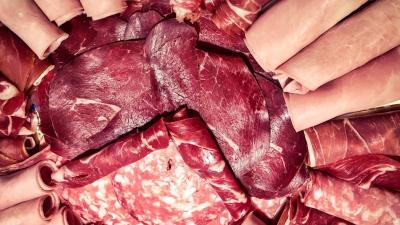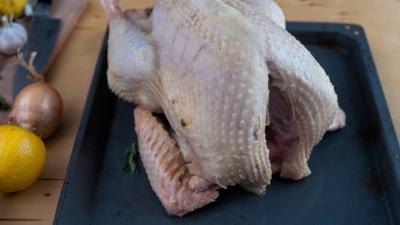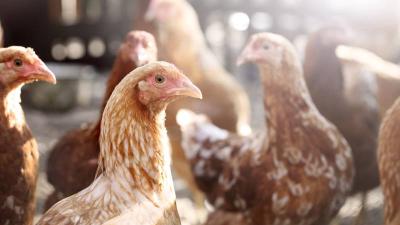There Is No “Mad Kale” Disease
Is beef safe? That’s the question Americans are asking again after a new case of mad cow disease was confirmed in the United States this week. The answer is clearly no, beef is not safe. But the threat of mad cow disease isn’t the only reason. Not by a long shot.
Mad cow disease (bovine spongiform encephalopathy or BSE) is a fatal central nervous system disease. The latest case was found in a dairy cow in a random U.S. Department of Agriculture test of dead farm animals in California. Alive, the cow showed no signs of BSE. Affected cows often show increased apprehension, poor coordination, difficulties in walking, and weight loss.
In this case, it’s a wonder that the disease was detected at all. The agency conducts BSE tests on only 0.1 percent of cows, or about 40,000 of the 34 million cattle slaughtered each year.
There is strong scientific evidence that the agent responsible for BSE is the same agent responsible for Variant Creutzfeldt-Jakob Disease, the human form of mad cow disease. But there are many other equally compelling reasons to steer clear of meat. Meaty diets harbor enough saturated fat and cholesterol to bring on a heart attack. They are also linked to cancer, diabetes, and obesity.
A switch to chicken or fish does very little to reduce risk. But plant-based diets—loaded with vegetables, fruit, grains, and legumes—can help prevent and reverse all of these diseases. That’s right. There is no “mad kale” disease.








